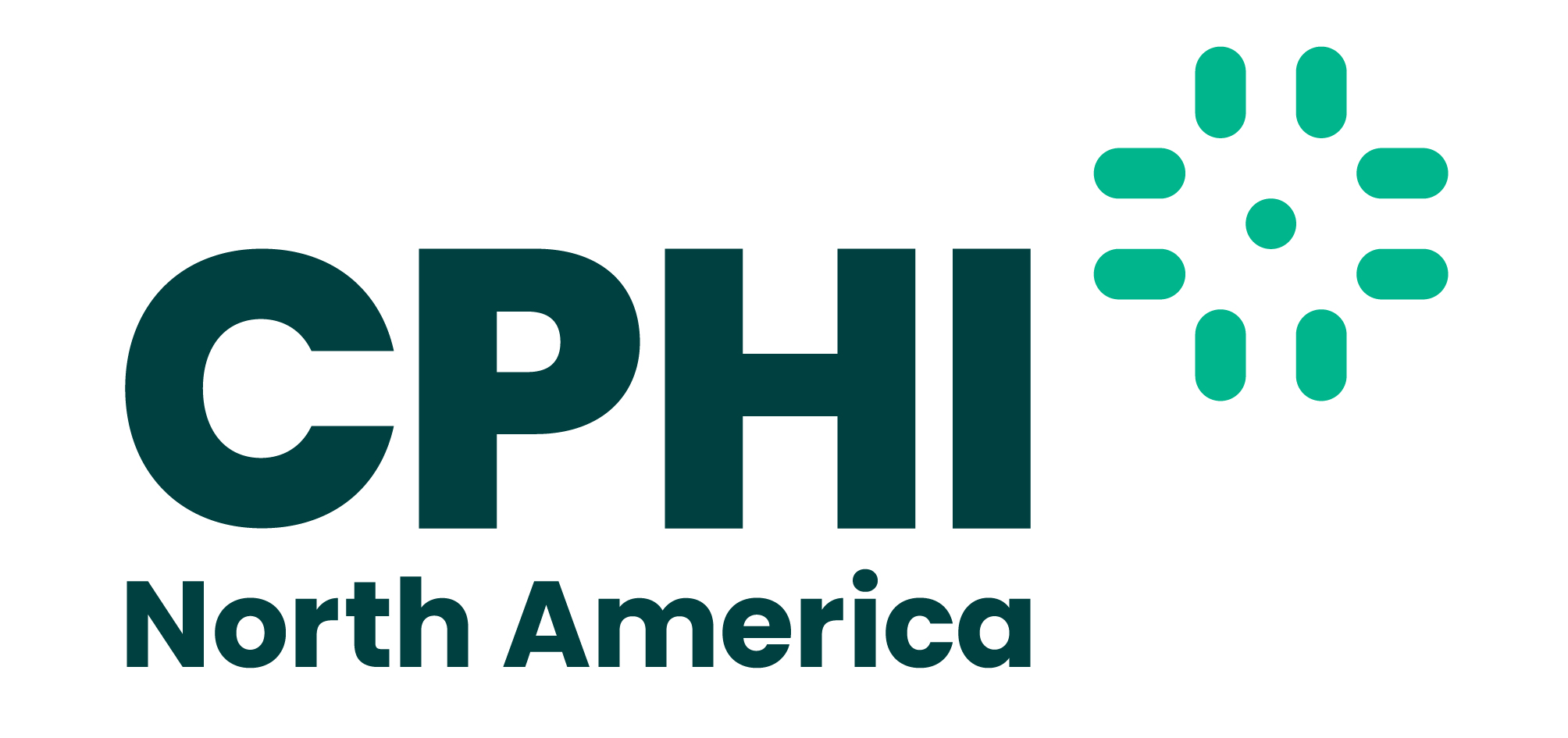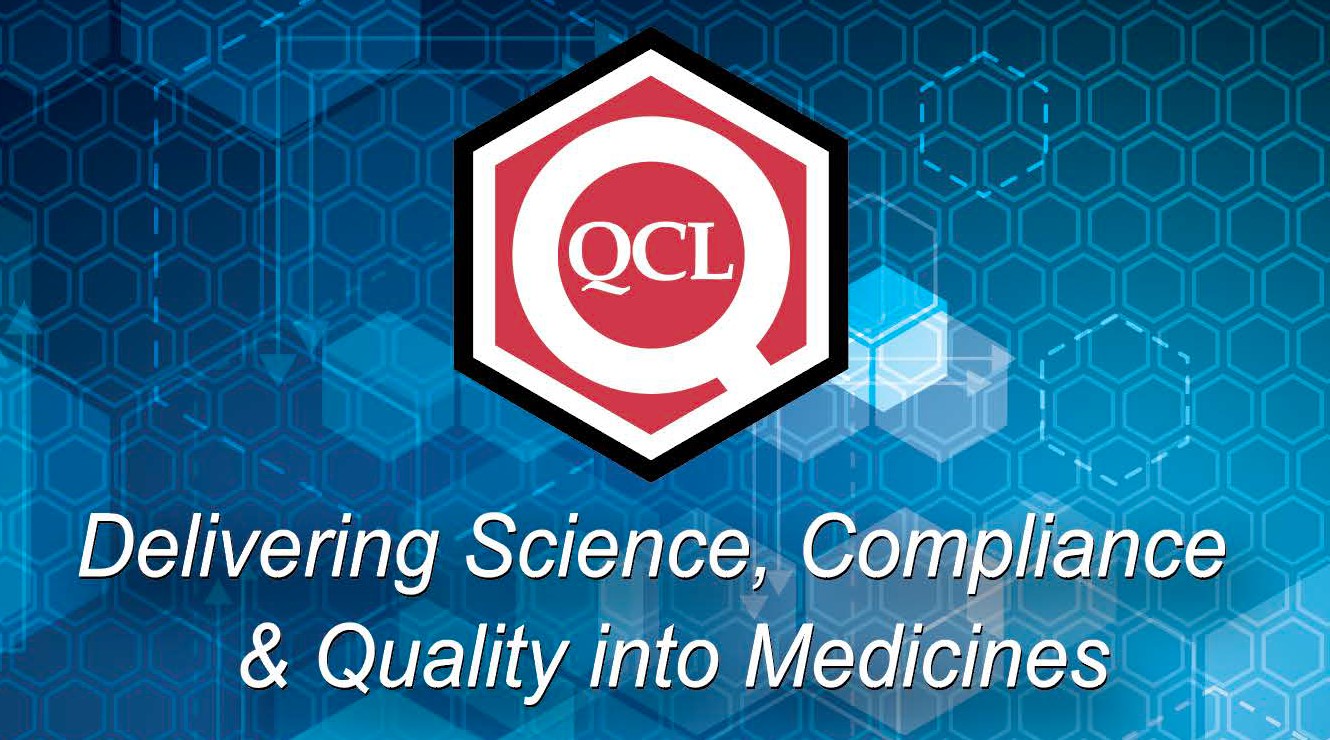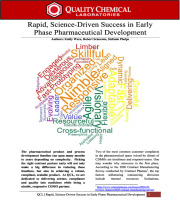7
May
2024

Quality Chemical Laboratories, LLC
Exhibitor at CPHI North America 2024 stand 1253
About Us
Categories

-
US
-
2019On CPHI since
-
3Certificates
-
250 - 499Employees
Company types
Primary activities
Event information
CPHI North America 2024
-
07 May 2024 - 09 May 2024
-
Pennsylvania Convention Center, Philadelphia
-
Visit us at stand 1253
Products Featured at CPHI North America 2024
-
Product Analytical Testing and Formulation Development
Quality Chemical Laboratories is known for its capabilities in the development and validation of analytical methods for raw materials, drug substances, and drug products. With a strong focus on quality and precision, QCL employs cutting-edge technologies and a highly skilled team of scientists to offer com...
Quality Chemical Laboratories Resources (1)
-
Whitepaper Rapid, Science-Driven Success in Early Phase Pharmaceutical Development
THE CHALLENGE: Develop at least one dosage form that avoids first-pass metabolism in the gut and all analytical methods using a limited quantity API. THE STRATEGY: This program began with typical quality by design elements including excipient compatibility studies and API characterization allowing formulations development personnel to select the right excipients for initial prototype development. In fact, one excipient caused an API stability problem. Since the excipient compatibility study design was binary, the stability issue was easily isolated to a single excipient and eliminated from future formulation inclusion.
Position your company at the heart of the global Pharma industry with a CPHI Online membership
-
Your products and solutions visible to thousands of visitors within the largest Pharma marketplace
-
Generate high-quality, engaged leads for your business, all year round
-
Promote your business as the industry’s thought-leader by hosting your reports, brochures and videos within your profile
-
Your company’s profile boosted at all participating CPHI events
-
An easy-to-use platform with a detailed dashboard showing your leads and performance




